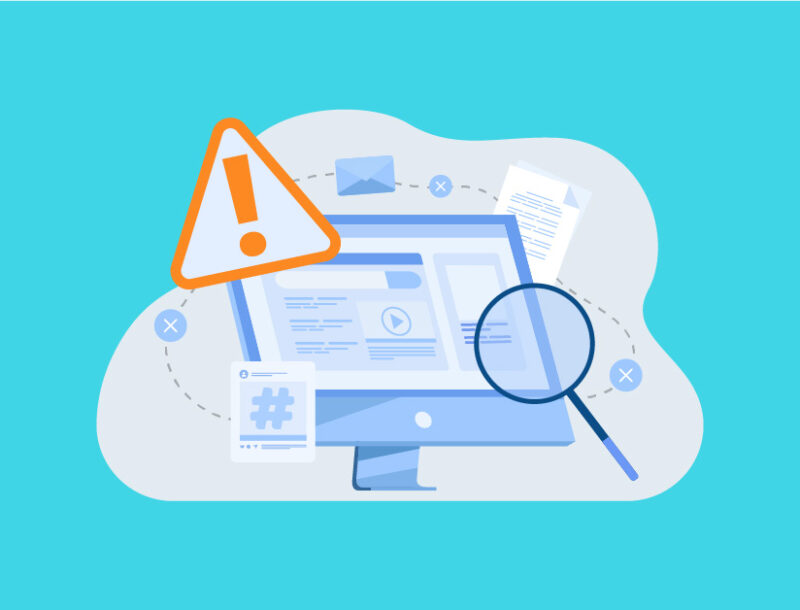Beyond Deregulation: Key Takeaways from Our Compliance Webinar

Deregulation doesn’t mean lower risk. In our recent COMPLY webinar, Venable attorneys Jonathan Pompan and Ellen Berge explained that while federal agencies like the CFPB may be scaling back, state regulators, the FTC, and private litigants are filling the gaps. Subscription models, junk fees, and deceptive marketing remain top enforcement priorities, and compliance teams must stay proactive. The key takeaway? Strong compliance isn’t a cost center—it’s a strategic advantage that protects brands, builds trust, and supports growth.
The Regulatory Outlook
Selective Deregulation Doesn’t Erase Risk
While federal agencies like the CFPB may appear to be scaling back, the underlying consumer protection laws remain intact. Enforcement is shifting to state regulators, the FTC, and even private litigants, making the landscape more fragmented—and less predictable.
Litigation as a Driver of Uncertainty
Speakers noted a growing trend of companies challenging regulatory “overreach” in court. While this may benefit some businesses, it often leaves compliance teams navigating greater uncertainty in the absence of clear rules.
Top Areas of Regulatory Scrutiny
Subscription Models and Auto-Renewals
Automatic renewals, cancellation flows, and disclosure practices continue to attract federal, state, and private litigation scrutiny.
Junk Fees and Add-On Charges
Fees remain a major priority across agencies. From ticket sales to fintech products, regulators expect pricing to be clear, upfront, and accurate.
Consumer Protection Hotspots
Robocalls, scams targeting vulnerable populations, and deceptive financial marketing are still front and center for the FTC and state attorneys general.
Compliance as a Strategic Function
Proactive, Not Reactive
Compliance isn’t just about responding to audits. Building proactive processes—like product flow reviews and marketing funnel audits—can reduce exposure before issues arise.
Shifting the Perception of Compliance
Far from being a “department of no,” compliance can be positioned as a business enabler that helps teams get to a confident “yes” faster, supporting product launches, partnerships, and long-term growth.
The ROI of Compliance
As Ellen Berge noted, “The cost of a problem for a noncompliant product or service is so much greater than the investment in compliance.” Strong programs save legal costs, build investor confidence, and protect enterprise value.
Managing Third-Party and Affiliate Risks
Accountability Across the Board
Whether outsourcing lead generation, call centers, or payment processing, businesses remain accountable for third-party actions. Regulators have repeatedly held companies liable for their partners’ conduct.
Strong Contracts and Oversight
Clear agreements, audit rights, and ongoing monitoring are essential. Both attorneys emphasized that poorly defined roles and vague contracts often create unnecessary risk exposure.
Advertising and Disclosure Pitfalls
Old Rules Still Apply
Misleading claims, inadequate disclosures, and improper endorsements remain top enforcement targets. Companies must ensure their marketing is both accurate and consumer-friendly.
Bottom-Up Focus
Rather than only preparing for top-down regulatory exams, businesses should pay closer attention to what consumers actually see and experience. Even a single complaint can spark scrutiny.
Looking Ahead: Advice for Compliance Teams
- Don’t equate deregulation with lower risk. The laws remain, and enforcement can resurface years later.
- Invest in resilience. Proactive compliance today reduces costly problems tomorrow.
- Connect compliance to business outcomes. Show leadership how compliance protects brand trust and creates growth opportunities.
- Stay engaged with regulators. Direct dialogue helps clarify expectations and reduce uncertainty.
As Jonathan Pompan put it, compliance isn’t just a safeguard—it’s a differentiator that enables companies to grow confidently, even in uncertain times.
How PerformLine Can Help
The discussion made it clear: deregulation doesn’t remove compliance risks—it makes them harder to predict. That’s where PerformLine comes in.
Our platform helps compliance teams:
- Monitor marketing at scale to uncover hidden risks across websites, social media, email and partner channels.
- Detect disclosure gaps and misleading claims before they become enforcement or litigation issues.
- Manage third-party oversight with automated discovery and tracking of affiliate and partner content.
Respond to regulatory updates fast, ensuring that new rules or guidance are reflected in your materials within hours, not weeks.
By combining proactive compliance with automation, PerformLine equips your team to reduce risk, protect consumers, and confidently support growth—even in uncertain regulatory times.
Request a demo to see how PerformLine can strengthen your compliance program.


